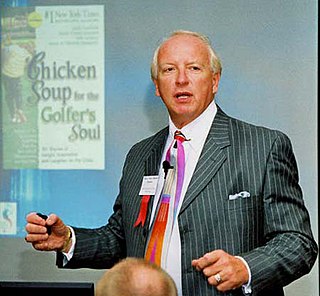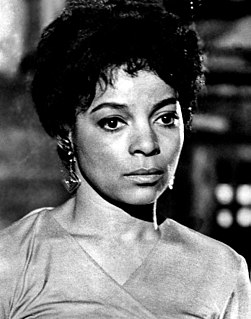A Quote by Charles B. Rangel
Related Quotes
Harlem was a development, a developer's dream and a place where residents had more space and more amenities than ever before. The subway reached 145th street about 1904, and it seemed that Harlem's destiny was to become largely a preserve of successful ethnics relocating and arriving. Then, overnight, the bust took place.
Sara Blair's Harlem Crossroads is an important addition to the body of literature that currently exists about Harlem. It brilliantly illuminates the complex relationship between photographic representation and race, and adds new insight into the ways in which this one black community has figured in both the critical and public imaginations. Harlem Crossroads is a tour de force.































